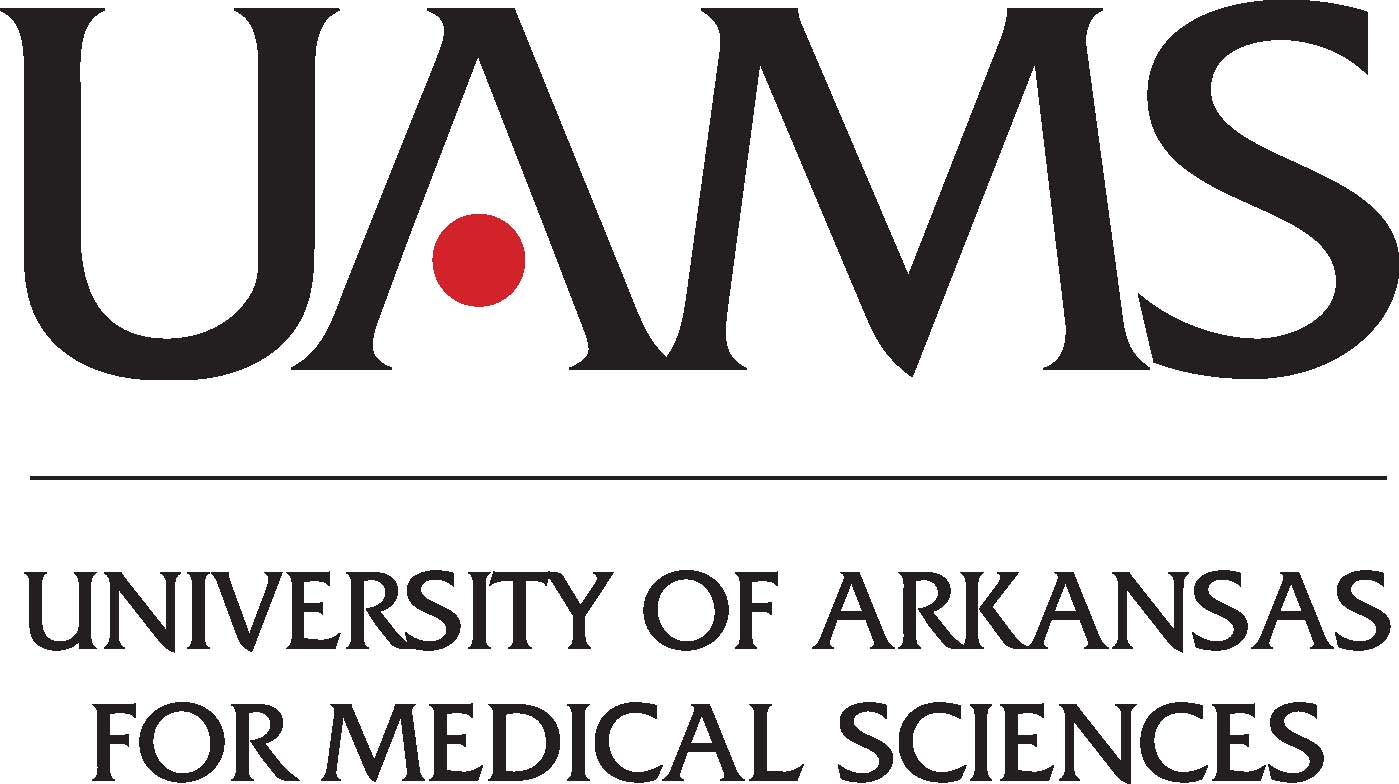Effects of Essential Amino Acid Intake on Net Protein Synthesis in Weight-losing Non-small Cell Lung Cancer Patients
| Status: | Active, not recruiting |
|---|---|
| Conditions: | Lung Cancer, Cancer |
| Therapuetic Areas: | Oncology |
| Healthy: | No |
| Age Range: | 40 - Any |
| Updated: | 4/28/2018 |
| Start Date: | July 2010 |
| End Date: | February 2019 |
Weight loss commonly occurs in lung cancer patients, negatively influencing their quality of
life, treatment response and survival. Gains in lean body mass are difficult to achieve in
cancer unless specific metabolic abnormalities are targeted. It is our hypothesis that a
nutritional supplement containing a high amount of essential amino acids will target the
metabolic alterations of cancer patients. Preliminary research performed in our laboratory in
elderly supports this hypothesis. We hypothesize that intake of an essential amino acid
nutritional supplement will positively influence protein synthesis rate in advanced non-small
cell lung cancer (NSCLC) patients. Furthermore, insight in the underlying mechanism of the
higher anabolic response of the essential amino acid supplement will be examined. This
information will potentially enable us to formulate a supplement that is more effective than
normal food intake, and that will reduce the need for muscle protein breakdown.
life, treatment response and survival. Gains in lean body mass are difficult to achieve in
cancer unless specific metabolic abnormalities are targeted. It is our hypothesis that a
nutritional supplement containing a high amount of essential amino acids will target the
metabolic alterations of cancer patients. Preliminary research performed in our laboratory in
elderly supports this hypothesis. We hypothesize that intake of an essential amino acid
nutritional supplement will positively influence protein synthesis rate in advanced non-small
cell lung cancer (NSCLC) patients. Furthermore, insight in the underlying mechanism of the
higher anabolic response of the essential amino acid supplement will be examined. This
information will potentially enable us to formulate a supplement that is more effective than
normal food intake, and that will reduce the need for muscle protein breakdown.
In this study, we will test the following hypothesis: A high-leucine essential amino acid
mixture stimulates whole body protein synthesis (and in this way protein anabolism) to a
larger extent than a regular balanced mixture of total (essential and non-essential) amino
acids in NSCLC patients with and without recent weight loss. The principal endpoint will be
the extent of stimulation of protein synthesis rate as this is the principal mechanism by
which either amino acid or protein intake causes muscle anabolism. This project will provide
important clinical information, based on novel fundamental basic knowledge on the process and
the specific underlying mechanisms of muscle wasting in patients with NSCLC, and the role of
EAA as a potential anabolic substrate. In this way, it will provide preliminary data for the
development of nutritional strategies that will prevent or even stop this process of ongoing
muscle loss in NSCLC.
mixture stimulates whole body protein synthesis (and in this way protein anabolism) to a
larger extent than a regular balanced mixture of total (essential and non-essential) amino
acids in NSCLC patients with and without recent weight loss. The principal endpoint will be
the extent of stimulation of protein synthesis rate as this is the principal mechanism by
which either amino acid or protein intake causes muscle anabolism. This project will provide
important clinical information, based on novel fundamental basic knowledge on the process and
the specific underlying mechanisms of muscle wasting in patients with NSCLC, and the role of
EAA as a potential anabolic substrate. In this way, it will provide preliminary data for the
development of nutritional strategies that will prevent or even stop this process of ongoing
muscle loss in NSCLC.
Inclusion Criteria:
1. Recently diagnosed with Stage III (unresectable) or Stage IV lung cancer (only for the
NSCLC group)
2. Ability to sign informed consent
3. Age 40 years and older
Exclusion Criteria:
1. Previous anti-cancer therapy (e.g. radiotherapy, chemotherapy) or surgery less than 4
weeks prior to the experiment.
2. Presence of fever within the last 3 days
3. Established diagnosis of Diabetes Mellitus
4. BMI > 35 kg/m2
5. Untreated metabolic diseases including hepatic or renal disorder
6. Presence of acute illness or metabolically unstable chronic illness
7. Use of long-term oral corticosteroids or short course of oral corticosteroids in the
preceding month before enrollment
8. Diagnosis of moderate to severe chronic airflow limitation, defined as measured forced
expiratory volume in one second (FEV1) ≤ 70% of referen¬ce FEV1 (only for the healthy
control group)
9. Use of supplements enriched with amino acids
10. Any other condition according to the PI or study physicians would interfere with
proper conduct of the study / safety of the patient
11. Failure to give informed consent
We found this trial at
1
site
529 West Markham Street
Little Rock, Arkansas 72205
Little Rock, Arkansas 72205
(501) 686-7000

University of Arkansas for Medical Sciences The University of Arkansas for Medical Sciences (UAMS) in...
Click here to add this to my saved trials